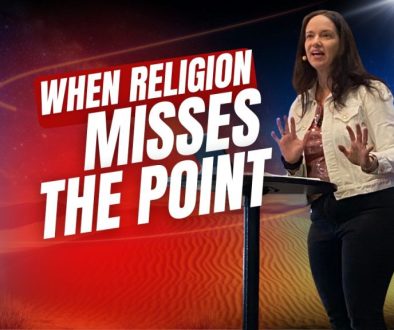Kingdom Encounter Part 4: Community
In our ongoing series, Kingdom Encounter, we explore moments where Heaven touches Earth—those intersections where God’s kingdom becomes manifest in our lives. Today, we focus on a crucial element of that kingdom: community.
Community isn’t just an abstract concept; it’s at the heart of God’s design. From the very beginning, God declared creation incomplete when Adam was alone. True completion came through relationships, reflecting the communal nature of God Himself, as seen in the Trinity—Father, Son, and Holy Spirit.
In the book of Acts, we see a beautiful model of biblical community. The early church devoted themselves to teaching, fellowship, breaking bread, and prayer. They shared everything, ensuring no one was in need. This wasn’t convenient or easy—it required sacrifice, vulnerability, and intentionality. Yet, their communal love overflowed, drawing people into God’s kingdom daily.
This image of selfless, Christ-centered community is compelling. But it stands in contrast to our individualistic culture, where personal convenience often takes priority over collective well-being. So, what would it take to live in the kind of vibrant, sacrificial community we see in Acts? What are we willing to give up to experience the fullness of God’s kingdom through deep, meaningful relationships?
These questions challenge us to reconsider our priorities and take intentional steps toward creating and sustaining the kind of community that reflects Heaven on Earth. Stay tuned as we explore how to embrace this Kingdom call in our everyday lives.
“They devoted themselves to the apostles’ teaching and to fellowship, to the breaking of bread and to prayer. Everyone was filled with awe at the many wonders and signs performed by the apostles. All the believers were together and had everything in common. They sold property and possessions to give to anyone who had need. Every day they continued to meet together in the temple courts. They broke bread in their homes and ate together with glad and sincere hearts, praising God and enjoying the favor of all the people. And the Lord added to their number daily those who were being saved.” — Acts 2:42-47 (NIV)
Pastor Zoe begins by acknowledging how, in both families and the body of Christ, we encounter a diverse mix of personalities—some that we find easy to connect with, and others that challenge us. She humorously references the “weird Uncle Jeffs” and the “crazy Aunt Zoe’s” that we all know within our own families. But she draws a parallel between these dynamics and the church community, saying it’s no different. Just as families are made up of individuals with distinct quirks, so is the body of Christ, with all its diverse members contributing in their unique ways.
“Are we willing to be weird together?” Pastor Zoe asks. She challenges the congregation to show up authentically and to be real in their relationships with one another, emphasizing that we don’t need to have it all together. It’s okay not to have the picture-perfect life or to have it all figured out. “We don’t have to wipe away the tears because we’re afraid to cry in front of other people,” she says. Instead, we are called to show up as brothers and sisters, embracing one another in our brokenness and imperfections, just as Christ has embraced us.
Pastor Zoe shares a key principle: “Practicing biblical hospitality is a crucial part of being an authentic community.” She points out that hospitality in the Christian sense goes beyond social entertainment, where everything is about perfection and outward appearances. Social entertainment, which is often seen in the realm of Martha Stewart-type perfection, focuses on impressing guests. But Christian hospitality focuses on making people feel welcomed and loved, regardless of the state of the house or the perfect presentation. The focus is not on performance but on presence and offering genuine love.
Romans 12:13 says, “Share with the Lord’s people who are in need. Practice hospitality.” Hospitality is not about impressing people with our homes but about creating an environment where others feel safe and loved. Pastor Zoe emphasizes that you don’t need to have the “spiritual gift of hospitality” to open your home and your heart to others. “I don’t have the gift of hospitality,” she admits. “But I can still open my door and invite others in. And I hope they feel welcome, loved, and accepted.”
She continues to highlight how Christian hospitality, unlike social entertainment, is not about perfection but about offering a place where people can experience genuine connection. She uses an illustration to explain this: a necklace featuring a piece of pottery that’s been broken and repaired with gold. This process is called kintsugi in Japanese culture, where broken pottery is mended with gold, making it more valuable than it ever was in its original, unbroken state. “The beauty is found in what knits them together,” she says. This metaphor reflects the beauty of the church—imperfect people, mended by God’s grace, creating a community that is far more beautiful because of its imperfections.
In her closing thoughts on community, Pastor Zoe speaks candidly about how our expectations can hinder us from fully embracing the authentic community that God intends for us. “Community is what we make it, not what we expect it to be,” she says, acknowledging that sometimes, people leave a community because their expectations were unmet. This, she confesses, has happened even in her own life, and it can be devastating. But she encourages the congregation to let go of unrealistic expectations. When we remove those expectations, we can better experience the beauty of what God has in the community.
She reminds the congregation that family, including church family, often brings both joy and pain. “When you have children, you know that some of your greatest pain comes from your family, but also some of your greatest joy comes from them too,” she shares, drawing a direct parallel to the church. “It’s the same with the body of Christ. Sometimes it’s messy, but it’s also the greatest joy of my life to be part of this community.”
Pastor Zoe draws from her own personal experience, describing her years of homeschooling her children and how, even though she often found herself isolated, she yearned for community. Now, with a busy life surrounded by people, she sometimes finds herself withdrawing because community can feel overwhelming at times. “People are messy and demanding,” she admits, but then reflects on the true value of authentic Christian community. “What we really want is true community that reflects God, and sometimes it takes sacrifice, time, and effort to make that happen,” she says.
Romans 12:4-5 illustrates this beautifully: “For just as each of us has one body with many members, and these members do not all have the same function, so in Christ we, though many, form one body, and each member belongs to all the others.” Pastor Zoe explains that just like the human body functions best when all its parts work together, the church functions best when each member contributes what they have, even if it’s not perfect. The church is not meant to be individualistic. Rather, we are called to focus on growing together in community. This, she says, is the way God designed the church to thrive.
Romans 12:6-8 further emphasizes the importance of using our gifts to serve one another: “We have different gifts, according to the grace given to each of us. If your gift is prophesying, then prophesy in accordance with your faith; if it is serving, then serve; if it is teaching, then teach; if it is to encourage, then give encouragement; if it is giving, then give generously.” Pastor Zoe stresses that we are all called to use our unique gifts within the community. When we withhold our gifts, the community suffers. “If you’re pulling away in isolation, your community is hurting because they need what you have to offer,” she says.
Pastor Zoe also points to Romans 12:9-13, which provides a clear description of how we should live in Christian community: “Love must be sincere. Hate what is evil; cling to what is good. Be devoted to one another in love. Honor one another above yourselves. Never be lacking in zeal, but keep your spiritual fervor, serving the Lord. Be joyful in hope, patient in affliction, faithful in prayer. Share with the Lord’s people who are in need. Practice hospitality.”
She challenges the congregation to consider: “Are we willing to show up, not just to be seen, but to be present in the lives of others? Are we willing to do the hard work of community, which sometimes means folding laundry together, doing dishes together, or even confronting each other in love when necessary?” These, she says, are the marks of genuine Christian love and community.
In the closing of her message, Pastor Zoe speaks of the sacrifice required for true community. It takes time, energy, and effort, but the rewards of authentic connection are priceless. “Community is work,” she acknowledges, “but it’s worth it. When we engage in true community, we find love, care, and support in ways that we could never experience if we remained isolated. And through that community, God will meet our needs and help us grow.”
She closes with a final question to the congregation: “What do we really want? Do we want to live life on our own terms and remain isolated, or are we willing to sacrifice our comfort for the greater joy of community?” In the end, Pastor Zoe encourages all to lean into the messiness of community, knowing that it’s in the midst of the imperfections that God’s love shines the brightest.




